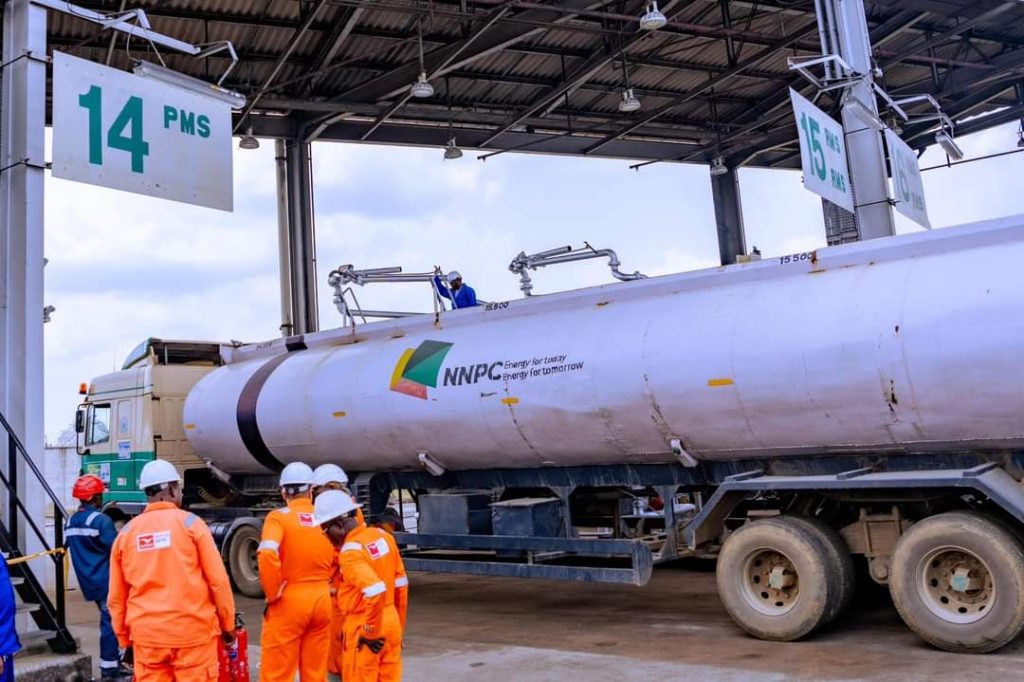
– PETROAN demands strict adherence to 30-day repair timeline
Mkpoikana Udoma
Port Harcourt — The Port Harcourt Refining Company, PHRC, has commenced the shutdown of its Area 5 (60,000bpd capacity old refinery plant) for routine turnaround maintenance, a move which NNPC Limited claimed it is aimed at boosting efficiency and operational performance.
However, the shutdown is drawing attention not just for its technical scope, but also for the strict communication blackout imposed on refinery staff.
In an internal memo titled “Area 5 Plant Shutdown for Routine Turnaround Maintenance” and signed by Mr Leo Njoku, Human Capital Management Lead, Operations and Maintenance, PHRC Project, all operations and maintenance personnel were explicitly instructed to avoid interaction with visitors, particularly the press.
Njoku in the memo also cautioned the workers against speaking to NNPCL top executives, government officials, and members of the press, expected on-site during the maintenance window.
“Mind your business. No interaction with external people or giving information to press people,” the memo warned.
The directive goes further to threaten disciplinary action for any employee caught speaking to the media.
“As Government workers, it is against the Labour Law to engage pressmen in interviews. It attracts its sanctions. HCM will be monitoring staff activities during this period. There will be severe disciplinary consequences for defaulters,” the memo reads.
The strong language and tone of the memo come amid heightened public scrutiny of NNPCL operations, especially as the 30-day shutdown has sparked concern among stakeholders, as the NNPCL just six months ago on November 26th 2024 had with pomp and pageantry announced the commencement of production after seven missed deadlines.
The Area 5 plant shutdown is part of PHRC’s ongoing efforts to fully restore refining capacity after years of dormancy and partial rehabilitation.
But with tensions already high from recent accusations of sabotage by host community members, the tight-lipped internal policy raises further transparency questions as top management and press converge on the plant during the maintenance period.
Meanwhile, the Petroleum Products Retail Outlets Owners Association of Nigeria, PETROAN, has raised serious concerns over the ongoing shutdown of the old Port Harcourt Refinery, warning that any delay beyond the scheduled 30-day maintenance period could trigger fuel supply disruptions and deepen economic hardship across the country.
In a statement signed by the National PRO, Dr. Joseph Obele, PETROAN acknowledged that the maintenance was necessary but insisted that the Nigerian National Petroleum Company Limited, NNPCL, must stick to the 30-day timeline to avoid supply shocks and market instability.
According to PETROAN National President, Billy Gillis-Harry, the association is particularly worried about systemic bottlenecks that have historically plagued turnaround maintenance efforts, which may once again derail the timeline.
“The repair process must include the Premium Motor Spirit blending unit, as the crude oil cracking process is of no value without it.”
To ensure transparency and accountability, PETROAN is demanding the creation of a special task force, comprising members of the Petroleum Industry Stakeholders Forum, to oversee the repairs and provide weekly progress updates to Nigerians.
Among other key demands by PETROAN include, “Timely completion of repairs before stock depletion, to prevent product scarcity and market monopolization.”
Others are, “Prompt payments to contractors to avoid project delays. Inclusion of critical infrastructure like the PMS blending unit to ensure full operational value upon restart.”
PETROAN cautioned that failure to deliver on schedule could worsen economic pressure on Nigerians already grappling with inflation, energy costs, and foreign exchange instability.
As the refinery enters its maintenance phase, PETROAN’s call adds pressure on NNPCL to not only meet expectations but also to prove that years of rehabilitation efforts will finally yield tangible results for the country’s ailing downstream sector.



